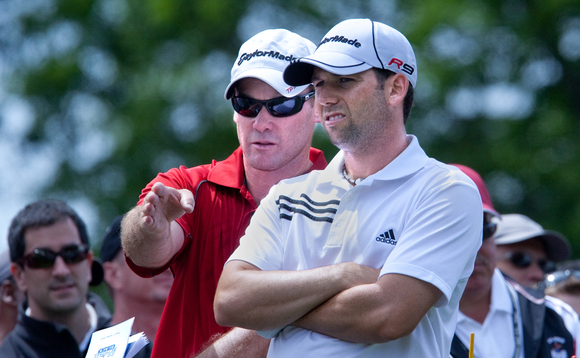
Operating partners: For pros or for show?

Fans of operating partners deem them performance enhancers; detractors say theyтre merely propaganda to entice LPs. Susannah Birkwood reports
Operating partners are to private equity what caddies are to a golf match. They are aware of the challenges and obstacles of the course ahead and often advise on the best strategy to take. But, are these operational experts, like their sporting counterparts, an unnecessary luxury? What impact do they really have on the returns generated?
According to a returns attribution analysis produced by the BVCA in 2009, strategic and operational improvements represent a significant source of the returns generated by private equity. Some firms have responded to such findings by calling on the expertise of operating partners or "operational boards" – teams of external executives with experience in target industries. These individuals are often retired, as in the case of Sir Terry Leahy, who recently joined Clayton Dubilier & Rice as a senior adviser.
Advent International believes that the clout of high-profile names often makes a key difference in clinching a deal. "We've had cases where we've used a well-regarded operating partner in a transaction and the incumbent management team has realised that by working with us, they'll have access to a top-notch chairman," reveals Conor Boden, head of portfolio board development. Advent's 70-strong operating partner programme sees the businesspeople invest in deals, but not earn carry.
But not all agree that the role of operating partner is best in an advisory capacity. Small buyout house NBGI Private Equity, for example, feels having operating partners is only beneficial when they have their own skin in the game. Though equally focused on making operational improvements, the firm's model is different to Advent's in that it maintains an internal group of former industry executives who play a significant role in the investment process from beginning to end. Half of the team has spent years working in commerce – and all those individuals earn carry. "The thing that ties people in to private equity teams is the incentivisation structure, the carried interest and so on," says NBGI director Mark Owen.
LP obedience
A more controversial viewpoint is that firms only use operating partners because their LPs demand them to. "The big firms, the Carlyles and the Blackstones, have gone all over the world telling everyone about the great guys who work on their deals for them, and all the LPs believe their propaganda," said one GP. Kevin Landry, chairman of TA Associates, is another sceptic. Like NBGI, TA organises internal deal teams around industry sectors, rather than employing an advisory board. Unlike NBGI however, TA's focus is not on improving operations, despite the evidence that this is one of the main areas in which to boost returns. "We're just spending less time on tweaking the operations and more time focused on growth," says Landry. "Instead we look at building the sales and marketing or the products, thinking about where to go next, maybe online or overseas. Our basic tenet is to improve growth and margins, so we push companies to do new and different things."
Indeed, Landry's opinion is that operational experts can detract from what's really important in a deal. "This one operating partner I knew, when he looked at a business, he'd look at all the problems of operating it," he recalls. "Can they get the components? Can they assemble them? Do they have the labour force? All those things are important, but in the end, does anybody care? We're in the investment business. We're buying things and building them to sell them. He was so focused on the operations that value creation was a much smaller part of his equation."
Despite the contrasting perspectives, it is clear that the operating partner concept has evolved into a number of formats based on the needs of different firms. Owen concludes: "Leverage and multiple arbitrage are not going to be sensible strategies for generating value in the future. Instead, private equity will need to focus on helping companies build their bottom line."
Latest News
Stonehage Fleming raises USD 130m for largest fund to date, eyes 2024 programme
Sponsor acquired the public software group in July 2017 via the same-year vintage Partners Group Global Value 2017
Stonehage Fleming raises USD 130m for largest fund to date, eyes 2024 programme
Czech Republic-headquartered family office is targeting DACH and CEE region deals
Stonehage Fleming raises USD 130m for largest fund to date, eyes 2024 programme
Ex-Rocket Internet leader Bettina Curtze joins Swiss VC firm as partner and CFO
Stonehage Fleming raises USD 130m for largest fund to date, eyes 2024 programme
Estonia-registered VC could bolster LP base with fresh capital from funds-of-funds or pension funds








